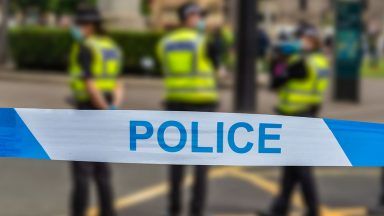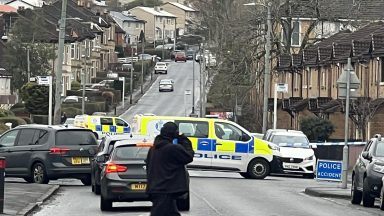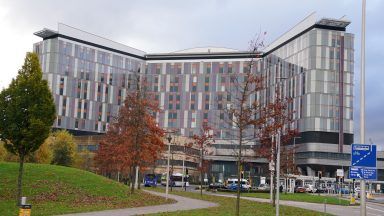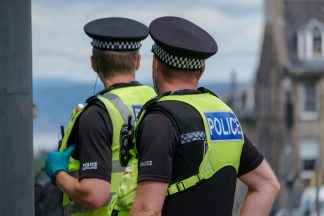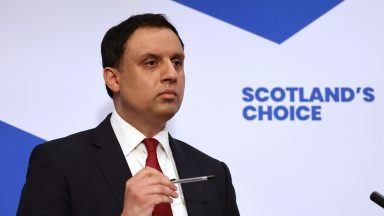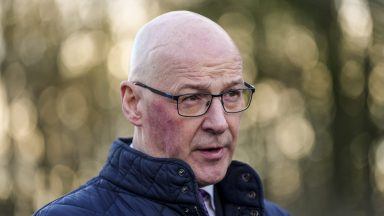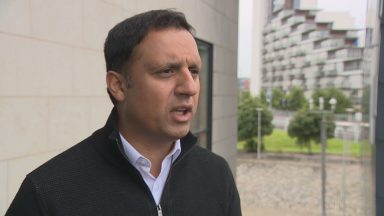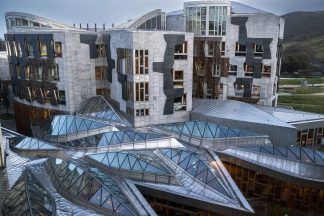Despite having been in power for 14 years, there is no doubt that Nicola Sturgeon’s SNP will remain the largest party at Holyrood after Thursday’s election.
For a party to be so far in front of its rivals after such a lengthy spell in government is remarkable – the SNP has been in power in Edinburgh longer than Tony Blair’s Labour government or Margaret Thatcher’s Conservatives.
But the party is not just fighting to win this election – Sturgeon wants to win an overall majority at Holyrood, so she can again make the case to Boris Johnson that there should be another independence referendum.
Winning a majority in the 129-seat Scottish Parliament is something that has so far only been achieved by her predecessor Alex Salmond, and Holyrood’s proportional representation system makes it difficult to achieve.
The SNP will dominate in the 73 Scottish Parliament constituencies, where they are expected to win many of the seats.
But Scots also have a second vote, on the regional list section of the ballot, which will be crucial in determining the make-up of the next Parliament.
With all party leaders pushing hard for these key list votes, Sturgeon’s message during the campaign has been for people to give both their votes to the SNP.
It comes as the campaign has focused on the First Minister’s leadership of the country throughout the coronavirus pandemic.
But as well as offering voters “serious leadership for serious times”, the SNP is also looking further ahead to when a second vote on independence could take place.
The party’s manifesto commits them to having another vote on Scotland’s place within the UK before the end of 2023.
While her political opponents argue such a ballot would be damage at the country during the coronavirus recovery period, for Sturgeon and the SNP independence is seen as crucial to that recovery.
The SNP leader has frequently said people in Scotland should be able to take charge of that, not Boris Johnson and Westminster.
However even if she succeeds in winning a majority of MSPs in the election, there is no guarantee the Prime Minister will give the go ahead for a referendum – meaning there could be more constitutional clashes between Holyrood and the UK Parliament in the future.
But campaigning this week the SNP leader insisted she was “optimistic about Scotland’s future”.
She stressed that a referendum would take place only “once the immediate Covid crisis has passed”, as she argued this would mean that “the people of Scotland have the right to choose the kind of recovery they want”.
She added: “We have had a challenging year, and we are not out of the woods, but I am optimistic about Scotland’s future.
“I know that if we all continue working together as we have done over the last year, we can control Covid, get on with the job of opening our society back up, and build a lasting economic recovery that benefits everyone.”
Follow STV News on WhatsApp
Scan the QR code on your mobile device for all the latest news from around the country


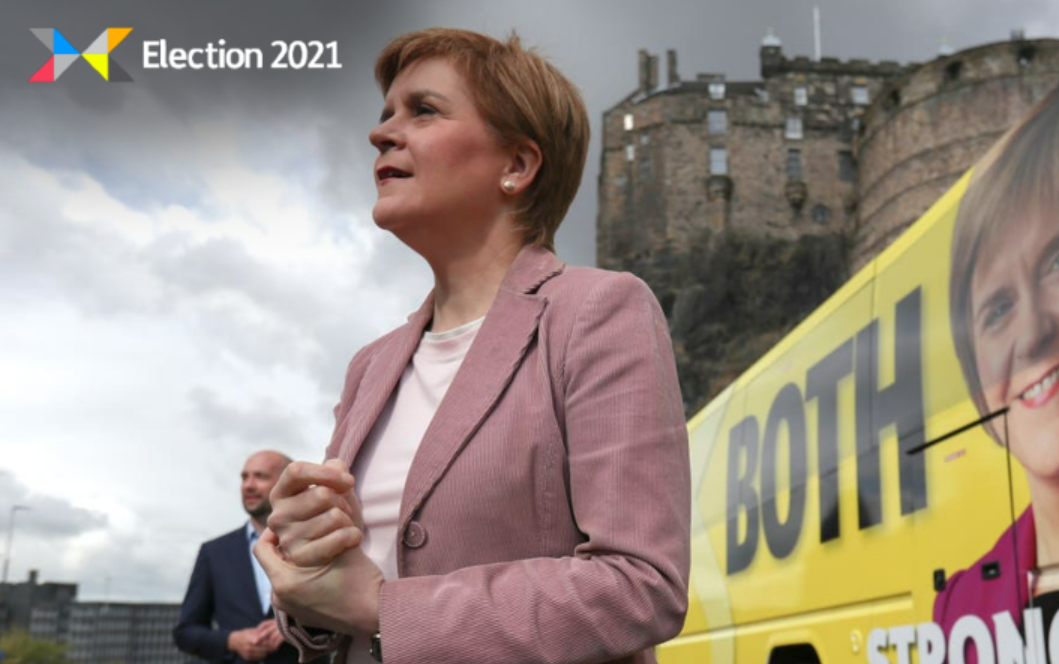 PA Media
PA Media



